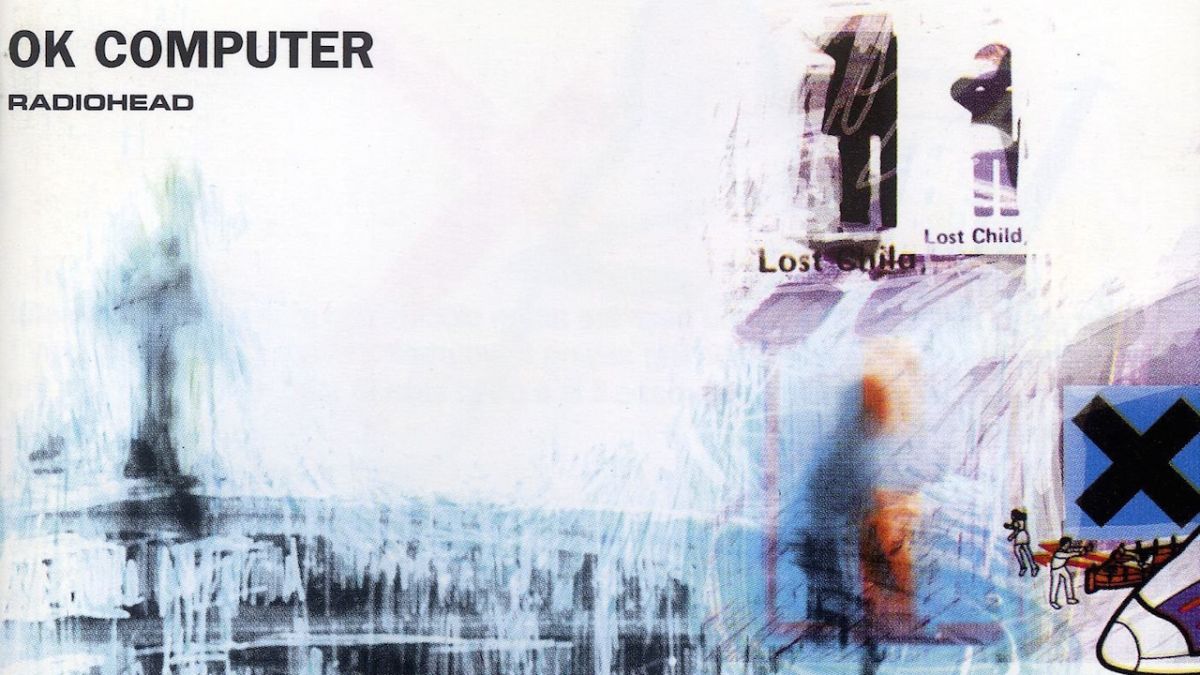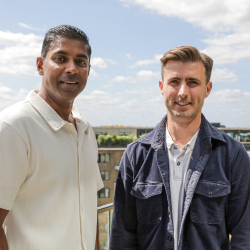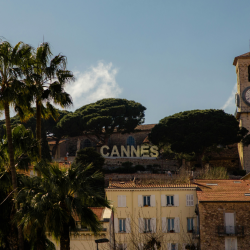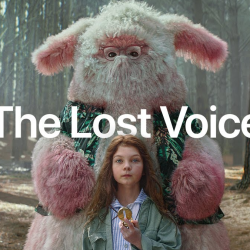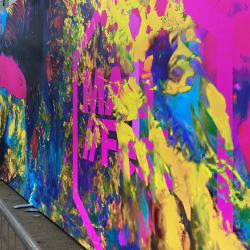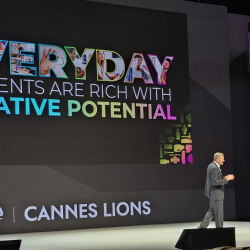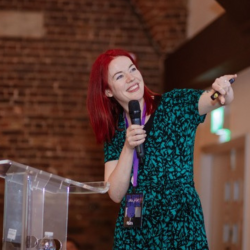As a self-professed Radiohead fanboy, I geeked out on BBC’s Seriously podcast homage to their prophetic album OK Computer (1997), which posited the notion that we would live in a world of anxiety, populism, big data and surveillance. Certainly, the unerring themes of ‘change’ and ‘strange’, are truer today than perhaps even Thom Yorke imagined 25 years ago.
We live in an era of ‘discontinuity’. As we face shifting macro-economic and geo-political tectonic plates — Brexit, inflation, pandemic and war, the impact is all-pervasive.
This context means that business is no longer defined purely by balance sheets, but also by the way the world experiences us. Businesses need to organise around the delivery of exceptional experiences, how we engage with the people who work with us and are equipped to face the challenges ahead.
Whilst the pandemic accelerated some moves towards organisational learning, flexibility, humanisation and wellbeing — many companies continue to operate with anachronistic approaches to learning, development and employee engagement.
Strange times call for unusually shaped thinking and in order to ‘face the strange’, I believe companies need to consider their approach to work fitness – training, capability, psychology and environment.
Resources not courses
The profile of modern learners, according to research by Elcuidat, outlines how 93% prefer learning to be on the job, with 56% preferring content at point of need. Leaders need to help our teams retain agility and provide access to continuous learning. The need for new skills in a competitive labour market is one of the biggest challenges for CEOs — so modern workplace learning must be blended into the flow of work. Not ‘click next’ learning, but a series of engaging ‘skill pills’ that inspire and maintain competency and agility, strengthening retention via personal growth.
Wellbeing marginal gains
The pandemic highlighted the need for companies to recognise that wellbeing is a duty of care. But only few are well-equipped to deal with the wellbeing challenges that post-modern anxiety is creating. Companies not only have to demonstrate they care through empathy, transparency and policy, but also commit to improving, using data to highlight how and where improvements are sought. Workplace Wellbeing, ROSPA or Best Company awards are laudable, but need to embody commitment to continuous improvement.
Rethink recognition
Whilst the cost-of-living crisis throws remuneration into the spotlight, recent McKinsey research shows that ‘being valued by managers’ and ‘sense of belonging’ are two areas employees value more than managers. In effect – reward and recognition aren’t what they used to be. Companies and managers today need to create more innovative ways of demonstrating appreciation — both big and small, whether it’s through P2P schemes, manager call outs or making someone a cup of tea.
Change requires behavioural science
By its very nature, change requires the application of psychology. At The Creative Engagement Group, applying the principles of behavioural science to the required workplace evolution for our clients, is invaluable and enhances effectiveness. Topics including how to operate in a hybrid world; creating a culture of learning; building more effective experiences; creating psychological safe environments around DEI are areas where applied psychology must increasingly blend with creativity.
Creativity
It’s easy to assume when discussing how business needs to evolve, that the focus must be purely rational or operational. But creativity is required more than ever, if we’re to provide solutions to meet the changing landscape. Whether it’s in learning, recognition, wellbeing or change management, the secret sauce is often creative thinking based on insight and rigour — creativity that can challenge habits, the status quo and conservative thinking.
In summary, to thrive in these strange times, leaders need to show that ‘strange’ can be a catalyst for better actions and better performance. And to reference Radiohead one final time, ‘fitter happier / more productive’ colleagues and mindsets, will be fundamental to the journey.
Featured image: Radiohead – Ok Computer

















